One of the most common skin problems that afflict each one of us is acne. And once the acne goes, what we are often left with is the acne marks. Acne marks are usually a good sign, as they show that our acne is healing - however, they can be obnoxious to deal with - as they sometimes leave concave scars on your face and, other times, raised spots. The texture your scar takes depends upon the collagen in your skin - too much collagen leads to raised scars, and too little causes concave scars.
There are many treatments for acne marks out there and some that can be done at the ease of your own home. In this article, we take a look at how to remove acne marks at home. Are you ready?
Effective Treatments for Getting Rid of Acne Marks
The many different treatments or home remedies to remove acne marks include the use of aloe vera, honey, black seed oil, lemon juice, and more. We have discussed them in detail below.
Black Seed Oil

Black seed oil or Nigella sativa comes from a medicinal plant of the same name. Native to Eastern Europe and Asia, the black seed oil is used for its antiviral and anti-inflammatory properties, which help in scar reduction and marks related to acne. It also improves healing and treats skin pigmentation, proving itself to be a good treatment for acne marks.
Coconut Oil

Coconut oil is beneficial for various reasons, thanks to its excellent anti-inflammatory and antibacterial properties. It is also a rich source of vitamin E, K, and antioxidants that can help grow skin cells and remove skin marks, among other things. You can dab 1 tsp of coconut oil on the affected areas of your skin, leave it overnight, and see its results for pimple marks removal.
Apple Cider Vinegar

Apple cider vinegar helps renew your skin's pH balance - as it soaks in the excess oils from your pores and leaves your skin perfectly exfoliated and rejuvenated. Coconut oil also leaves your skin feeling smooth, soft, and blemish-free. Apple cider vinegar also reduces the redness on your skin caused by acne - thereby also reducing acne marks.
You can dilute apple cider vinegar with water and apply it to your entire face with the help of cotton cloth. Let it stay on your face for 15-20 minutes, and after that, wash your face with water. Daily application of this will give you effective treatment for acne marks.
Honey

Honey is used for various medicinal purposes, including burns, wounds, sore throat, and cold, among other things. Another thing it effectively works for and you may not be aware of is that it is a good acne mark remedy, thanks to its excellent antibacterial and antiviral properties. It also may help in reducing the appearance of more acne by fighting infections.
Aloe vera

Aloe vera is another excellent acne mark remedy. It is full of antioxidants and various other nutrients that can help remove skin blemishes, promote the healing of wounds, and prevent acne marks. Its anti-inflammatory properties also help in removing acne marks, infections, and scars. You can extract aloe vera gel from aloe leaves and apply a thick layer to the acne marks. Leave it overnight and see results after continued daily application. You can also drink aloe vera juice as it helps in regulating your skin’s pH balance.
Lemon Juice

Lemon juice is a natural bleaching agent that has skin-lightening properties. This can also be utilized to remove acne marks or at least lighten them, if not obliterated. You can apply fresh lemon juice to your face or pimple marks with the help of a clean cotton cloth. Let it sit for 15-20 minutes, and then wash it off with lukewarm water for effective results.
Some other acne mark remedies include baking soda, rosehip oil, tea tree oil, and chickpea flour. If these home remedies fail to work, you can also resort to medical procedures that involve lasers and cosmetic surgeries.
However, before you explore these options, try out Wellbeing Nutrition's Skin Fuel - India's First US Dermatologist Formulated Drinkable Skincare. Made using naturally derived, widely researched ingredients - L–glutathione, hyaluronic acid, Japanese collagen, and other essential vitamins, this delicious blueberry mint skin elixir is the perfect way to take care of your skin with an inside-out approach.
Wrapping Up
Acne marks are a common aftermath of breakouts, often appearing as concave or raised scars depending on collagen levels in the skin. Fortunately, several home remedies can help reduce their appearance, including black seed oil, coconut oil, apple cider vinegar, honey, aloe vera, and lemon juice. These natural ingredients work to heal, lighten, and improve skin texture over time. For those looking for a more advanced skincare solution, Wellbeing Nutrition's Skin Fuel offers a drinkable skincare approach with powerful ingredients like L-glutathione, hyaluronic acid, and collagen to support skin healing from within.
FAQs
1. What causes acne marks?
Acne marks form when inflammation from breakouts triggers excessive or insufficient collagen production, leading to raised or concave scars. Picking or popping pimples can worsen the marks.
2. Can home treatments effectively reduce acne marks?
Yes, natural remedies like aloe vera, honey, black seed oil, and coconut oil can help fade acne marks over time by reducing inflammation, promoting skin healing, and improving pigmentation.
3. How long does it take to see results from home treatments for acne marks?
Results vary depending on skin type and severity of the marks, but consistent use of home remedies may show improvements in 4-8 weeks.
4. Can home treatments completely remove acne marks?
Home treatments can lighten and reduce acne marks significantly, but deep scars may require professional treatments like laser therapy or chemical peels for complete removal.
5. How to remove acne marks instantly?
Instant removal isn’t possible with home remedies. However, professional treatments like laser therapy, microdermabrasion, or chemical peels can provide faster results. Using skincare products with brightening ingredients like glutathione and collagen may also help accelerate the process.
References
- Lin TK, Zhong L, Santiago JL. Anti-Inflammatory and Skin Barrier Repair Effects of Topical Application of Some Plant Oils. Int J Mol Sci. 2017;19(1):70. Published 2017 Dec 27. doi:10.3390/ijms19010070 (https://www.ncbi.nlm.nih.gov/pmc/articles/PMC5796020/)
- Connolly D, Vu HL, Mariwalla K, Saedi N. Acne Scarring-Pathogenesis, Evaluation, and Treatment Options. J Clin Aesthet Dermatol. 2017;10(9):12-23. (https://www.ncbi.nlm.nih.gov/pmc/articles/PMC5749614/)
- Eid AM, Elmarzugi NA, Abu Ayyash LM, Sawafta MN, Daana HI. A Review on the Cosmeceutical and External Applications of Nigella sativa. J Trop Med. 2017;2017:7092514. doi:10.1155/2017/7092514 (https://www.ncbi.nlm.nih.gov/pmc/articles/PMC5735686/)
- Nasri H, Bahmani M, Shahinfard N, Moradi Nafchi A, Saberianpour S, Rafieian Kopaei M. Medicinal Plants for the Treatment of Acne Vulgaris: A Review of Recent Evidences. Jundishapur J Microbiol. 2015;8(11):e25580. Published 2015 Nov 21. doi:10.5812/jjm.25580 (https://www.ncbi.nlm.nih.gov/pmc/articles/PMC4740760/)
- Eady EA, Layton AM, Cove JH. A honey trap for the treatment of acne: manipulating the follicular microenvironment to control Propionibacterium acnes. Biomed Res Int. 2013;2013:679680. doi:10.1155/2013/679680 (https://www.ncbi.nlm.nih.gov/pmc/articles/PMC3666392/)
- Mazzarello V, Donadu MG, Ferrari M, et al. Treatment of acne with a combination of propolis, tea tree oil, and Aloe vera compared to erythromycin cream: two double-blind investigations. Clin Pharmacol. 2018;10:175-181. Published 2018 Dec 13. doi:10.2147/CPAA.S180474 (https://www.ncbi.nlm.nih.gov/pmc/articles/PMC6298394/)
- Klimek-Szczykutowicz M, Szopa A, Ekiert H. Citrus limon (Lemon) Phenomenon-A Review of the Chemistry, Pharmacological Properties, Applications in the Modern Pharmaceutical, Food, and Cosmetics Industries, and Biotechnological Studies. Plants (Basel). 2020;9(1):119. Published 2020 Jan 17. doi:10.3390/plants9010119 (https://www.ncbi.nlm.nih.gov/pmc/articles/PMC7020168/)













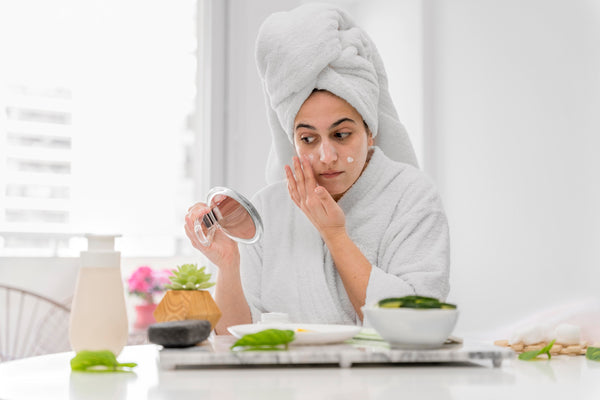
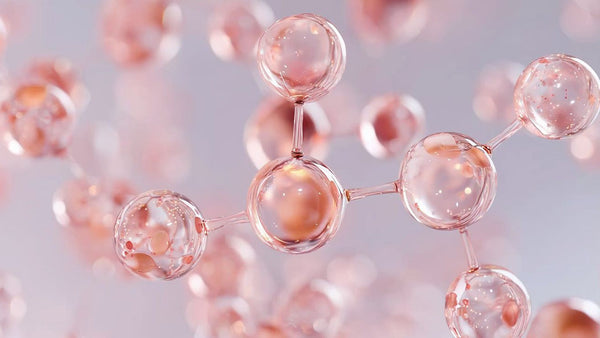
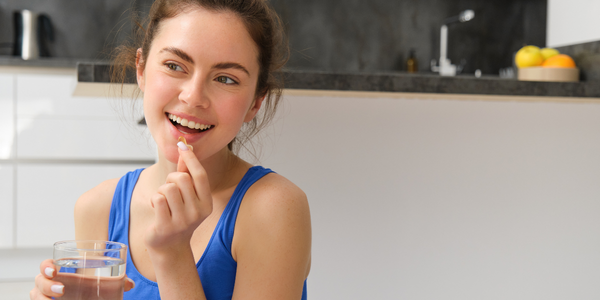
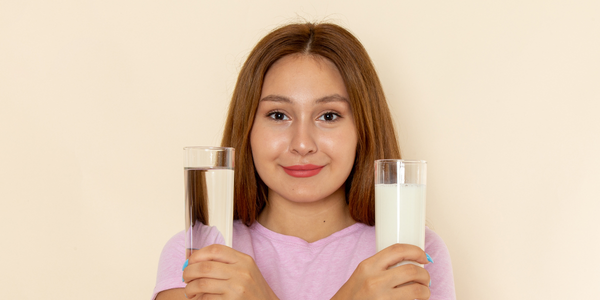
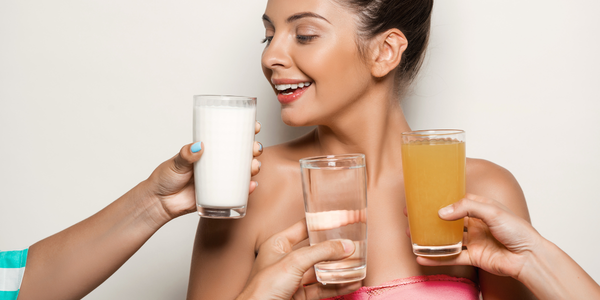
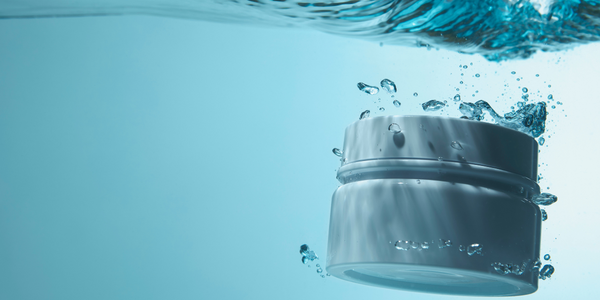

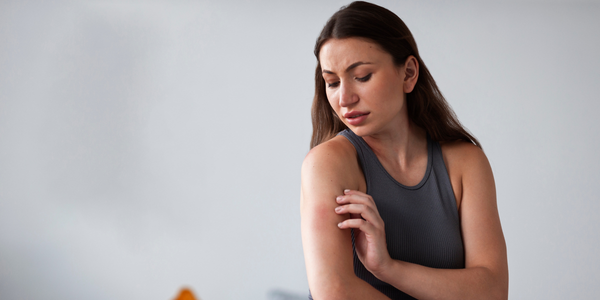






 DOWNLOAD NOW
DOWNLOAD NOW
